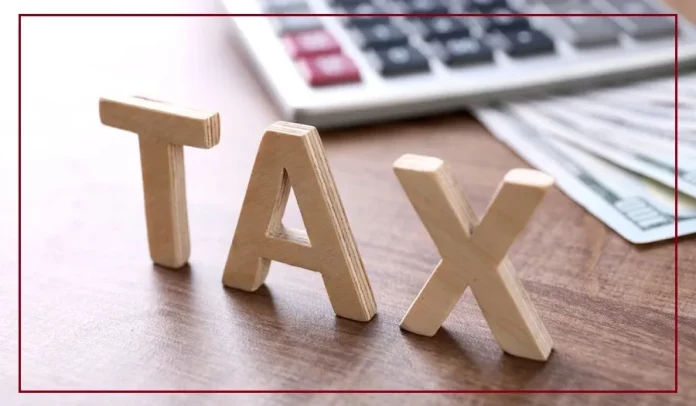If you fail to pay your taxes by the looming March 15 deadline, you might incur interest charges on the outstanding amount.
Under Section 208 of the Income Tax Act, those with an estimated tax liability of Rs 10,000 or more in a financial year are obligated to pay advance tax.
Exceptions apply to senior citizens without income from business or profession.
Attention Self-Employed: Advance Tax Rules Apply
Self-employed individuals, including professionals like lawyers, doctors, and accountants, along with business owners, must adhere to advance tax regulations.
Payment is divided into four installments due on June 15, September 15, December 15, and March 15.
Understanding Advance Tax Installments
Payment breakdown: 15% by June 15, 45% by September, 75% by December, and 100% by March. Not meeting these deadlines may lead to interest charges, warns Jesus Sehgal of AKM Global.
Presumptive Taxation: Special Rules Apply
For those under the presumptive taxation scheme, advance tax payment is due in a single installment from January to March.
This scheme is applicable to small businesses with turnover up to Rs 2 crore and specialized professionals with turnover up to Rs 50 lakh.
Consequences of Non-Payment
Failing to pay advance tax on time incurs a simple interest of 1% on the tax shortfall until the entire amount is settled.
Interest charges apply when payments fall below specified percentages: 12% by June 15, 36% by September 15, 75% by December 15, and 100% by March 15.
Payment Deadline Extension: March 31
If you miss the March 15 deadline, you have until March 31 to make the payment with only one month’s interest penalty.
However, any payment made after March 31 could result in additional interest charges.
Chetan Chandak of TaxBirable advises against waiting until July 31, as it constitutes a default in advance tax payment, incurring further penalties.
